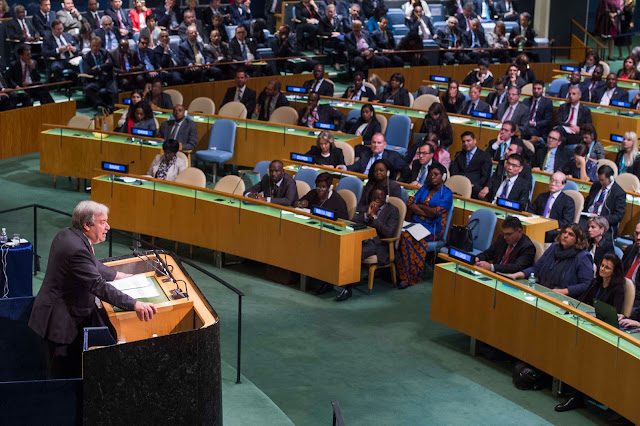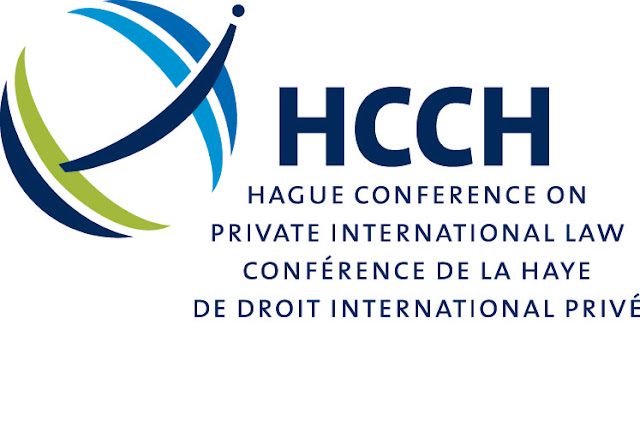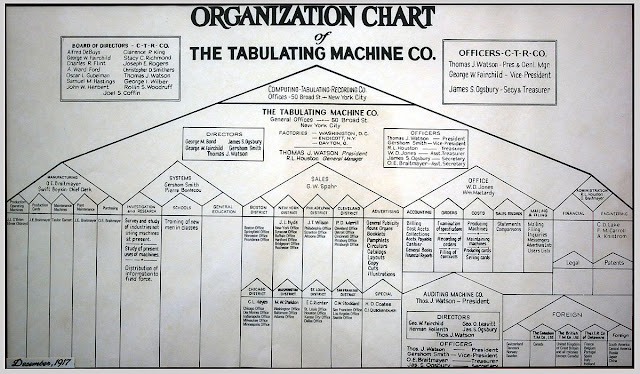The Development Of International Organisation In The 19th Century. do you know?
Background Of the international organisation
There are some universally accepted prerequisites for the development of international organisation. First, the world must be divided into independent states, second. there must be an awareness among them of the problems arising out of their coexistence; and third, they must come to recognise the need for the creation of institutional devices to regulate their relations with one another. it was in the 19th century that these prerequisites were for the first time founded to be existent in proper order to bring about the birth of a modern international organisation.
Direct predecessors of modern international organisation can be classified into three main categories. In the first category came international conferences on world politics. There Were meeting held at the end of the major wars to arrive at settlements for the post-war period or gatherings in peace time to cope with crises of one sort or another among states.
The hague system
During the 19th century, development of machinery for adjudication of international disputes was a further progress towards international organisation. while diplomats coma philosophers and sovereigns were engaged in thinking of schemes for world peace and the world was alternating between periods of peace and small wars, a significant development took place. This was the evolution of international low which was largely the work of the dutch jurist, Hugo Grotius, in the 17th century. Leaving in the periods of wars, Grotius felt the urgency for peace. In Working out a system of international law, he derived great help from the roman ideas of jus gentium and jus naturale, which were there after fews into a single system of natural law from the body of custom which had been observed a,out the states from time immemorial. The hague peace conferences have been regarded as landmarks in the development of international law and organisation. The two conferences or 1899 and 1907 attempted to revise, clarify and codify the whole body or international law on a new footing.
Functional cooperation in 19th century
A Development of major important for the later formation of international organisation took place during the later part of 19th century. By that time it had been clear to the government of cooperation necessary to carry on activities in such field as postal and telegraphic services, meteorology, public health and international transport until then.
These international agencies processed certain common characteristics which may be enumerated as follow...
Direct predecessors of modern international organisation can be classified into three main categories. In the first category came international conferences on world politics. There Were meeting held at the end of the major wars to arrive at settlements for the post-war period or gatherings in peace time to cope with crises of one sort or another among states.
The hague system
During the 19th century, development of machinery for adjudication of international disputes was a further progress towards international organisation. while diplomats coma philosophers and sovereigns were engaged in thinking of schemes for world peace and the world was alternating between periods of peace and small wars, a significant development took place. This was the evolution of international low which was largely the work of the dutch jurist, Hugo Grotius, in the 17th century. Leaving in the periods of wars, Grotius felt the urgency for peace. In Working out a system of international law, he derived great help from the roman ideas of jus gentium and jus naturale, which were there after fews into a single system of natural law from the body of custom which had been observed a,out the states from time immemorial. The hague peace conferences have been regarded as landmarks in the development of international law and organisation. The two conferences or 1899 and 1907 attempted to revise, clarify and codify the whole body or international law on a new footing.
Functional cooperation in 19th century
A Development of major important for the later formation of international organisation took place during the later part of 19th century. By that time it had been clear to the government of cooperation necessary to carry on activities in such field as postal and telegraphic services, meteorology, public health and international transport until then.
These international agencies processed certain common characteristics which may be enumerated as follow...
- They were created by multilateral treaties there competence was limited to functional areas which served as a constitution that proclaimed the aims and objective of the organisation, laid down the institutional structure and defined the rites and duties of the member.
- They were all voluntary organisation based on equality of all there member states.
- Decision making was based on the principle of majoritarianism where all members had voting rights.
- Many organisation had a distinct legal status enabling them to own property,to sue and be sued, and in some cases enjoy a measure of diplomatic immunity.
- Decision making was carried on it two ways by drafting international treaties and submitting them to the member states for ratification, or by adoption resolutions recommending actions by member states. Some organisation had administrative and miner policy making powers.








